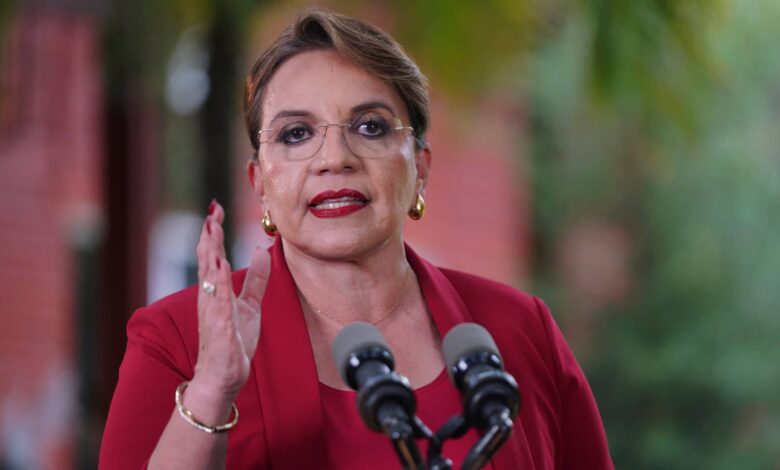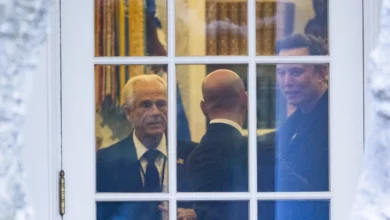
Honduran President Xiomara Castro threatened to possibly expel the US military if her country experienced mass deportations under President-elect Donald Trump. The comments came during a rare televised address on Wednesday and represent some of the most forceful pushback Trump has seen to his immigration policies in the region.
This statement has come just before a meeting of foreign ministers from Latin American countries this month that is supposed to discuss the deportation problem. Castro made it crystal clear: “Faced with a hostile attitude of mass expulsion of our brothers, we would have to consider a change in our policies of cooperation with the United States, especially in the military arena.” Furthermore, she underlined that the U.S. had maintained military bases in Honduras without paying for decades, insinuating that one would have no grounds for having such bases in the country.
Following Castro’s remarks, Foreign Minister Enrique Reina reiterated that Honduras has the right to unilaterally suspend the presence of U.S. military forces at will, according to The New York Times. In response, Brian Hughes, a spokesman for the Trump transition team, said: “The incoming administration seeks to work with our Latin American partners to prevent illegal immigrants from ever reaching our porous southern border and to quickly return those who do arrive back to their country of origin.”.
Under an agreement between the U.S. and Honduras, Washington established the Soto Cano air base, which serves as the hub for America’s largest military task force in Central America. The removal of this military presence could pose significant risks for Honduras, given its reliance on the U.S. as its primary trading partner and a key source of humanitarian aid. Trump has promised to implement a deportation program upon taking office, but he has not released specific plans, which has left many Latin American governments in uncertainty.
While countries such as Mexico do try to steer clear of angering Trump, they highlight the contributions that their citizens make within the American economy. Mexican President Claudia Sheinbaum said, “We will continue showing how the people of Mexico contribute in a very important way in the United States’ economy, that if people from Mexico did not exist, there would not be food in the United States.”
Getting ready for the tumult, governments also are reassuring their citizens. Honduras will establish mobile consulates while Mexico released an online application so that its citizens could report to consulate authorities if they face possible detention.
The Soto Cano air base, operational since 1980, was built by the U.S. to counter perceived Communist threats in the region. It currently houses more than one thousand American military and civilian personnel. Capt. Hillary Gibson, a spokesperson for the Joint Task Force Bravo, said, “We are guests of the Honduran government on a Honduran base.” So far, the U.S. Embassy in Honduras has not commented on these developments.



